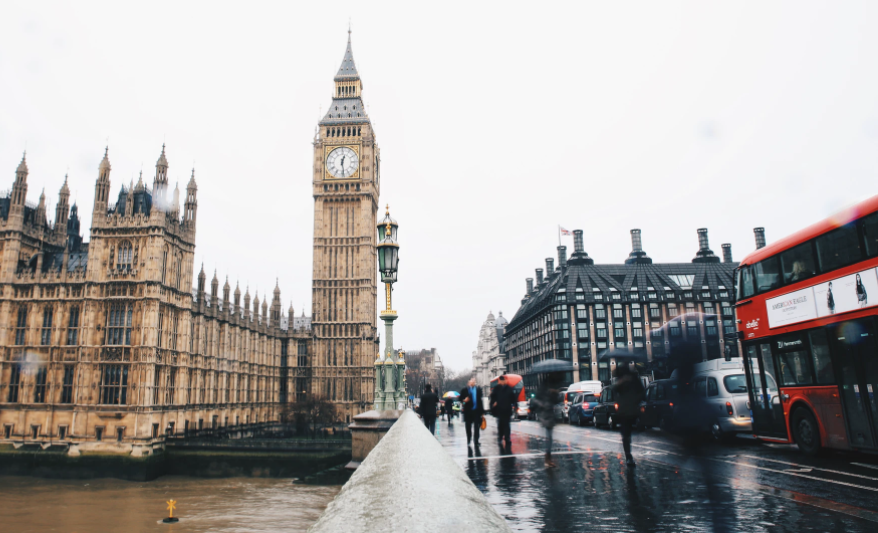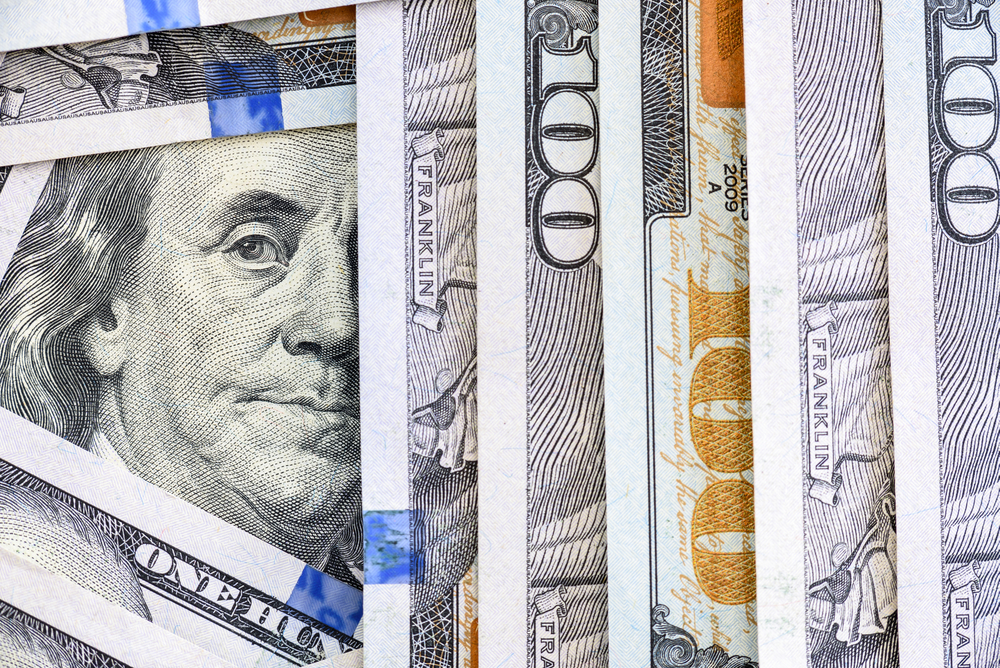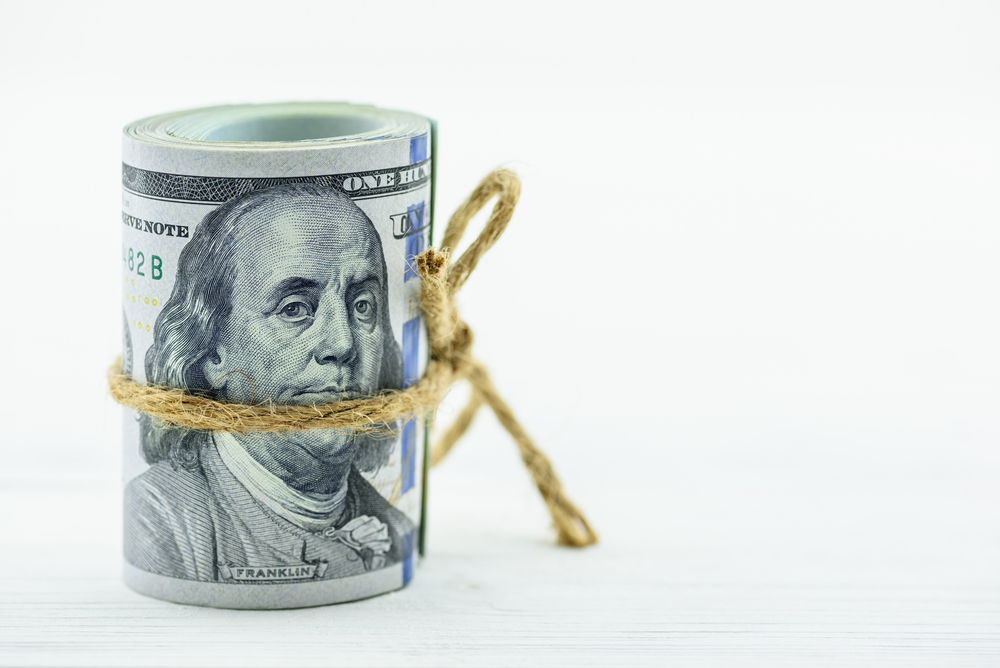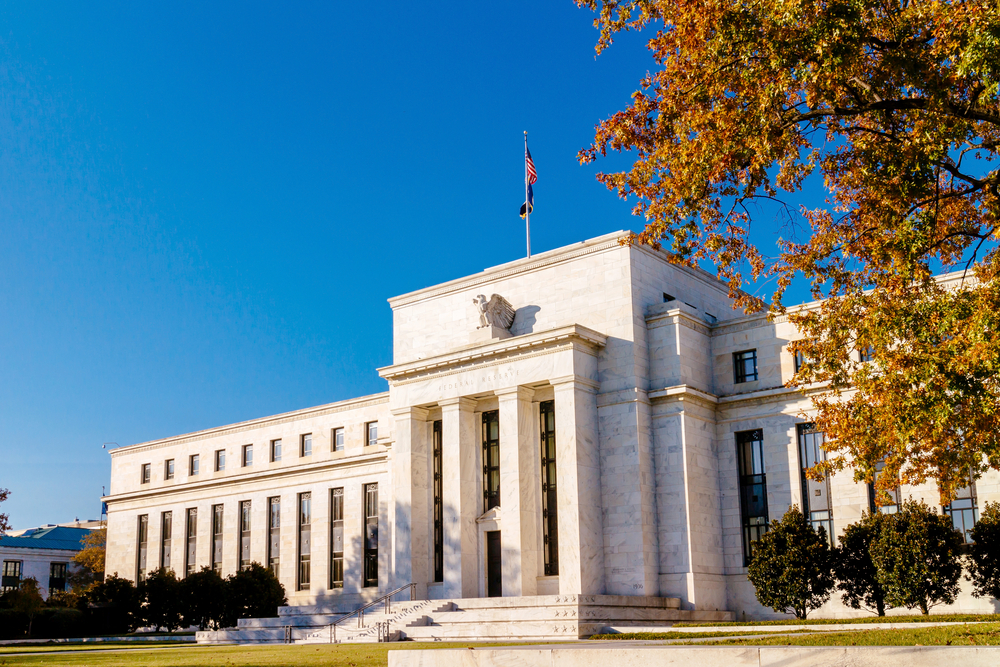British Economy Contracted Strongly in Q1
Gross domestic product (GDP), announced today by the UK Office for National Statistics (ONS), declined by 1.6 percent in the first quarter of 2021 compared to the previous quarter, falling 6.1 percent in line with market expectations compated to the same quarter a year earlier.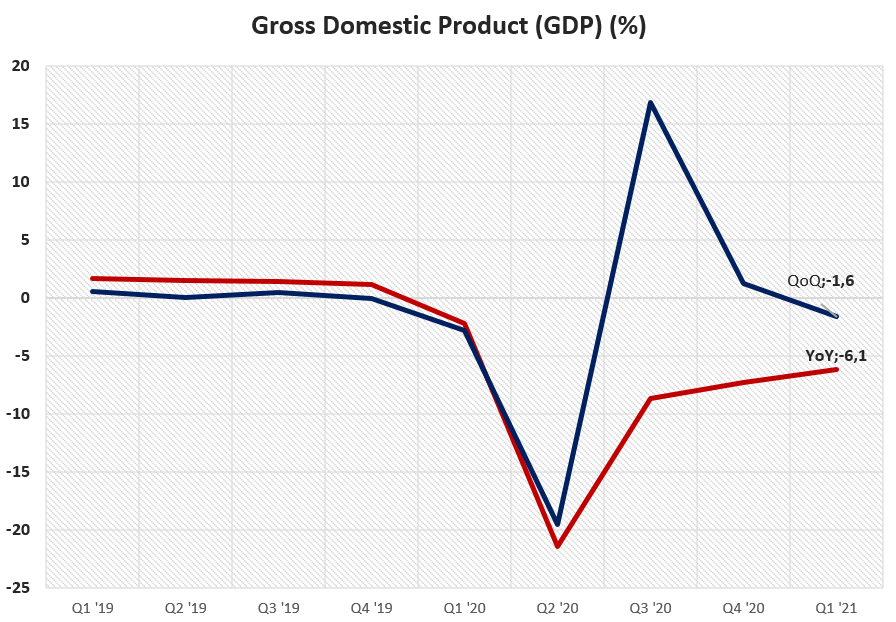
In the first quarter of the year, covering January – March, the British government recorded a 1.6 percent contraction overshadowed by the restriction measures it adopted to combat the outbreak and its mutation effects, according to the details of the growth report published by the ONS. In the UK, which contracted by 6.1 percent year-over-year, household consumption was subdued by 1.7 percent, while investment was up by 5.9 percent and also government spending rose slightly on quarter-over-quarter basis.
On the other hand, imports decreased by 6.7 percent, exports decreased by 1.5 percent, improving the net trade balance, while the biggest contribution to the contraction in the scope of production was in education, retail trade, accommodation and food services.
The UK economy contracted in the first quarter of 2021 due to coronavirus measures it has maintained since September 2020. Especially during this period, the suppression of household consumption behavior and the closure of the service area covering the food and accommodation sector were decisive in the contraction of the economy. Again, strong measures implemented during this period also subdued education and retail services. But the fact that export data exceeded import rates improved the net trade balance, limiting the contraction.
In addition to the restraint measures imposed against the Coronavirus outbreak, the acceleration of the vaccination campaign to gain public immunity has led to gradual normalization in the UK, while normalization has been divided into 4 stages. In the current environmen, the UK has implemented three stages and expect strong growth in the second quarter of the year, given the recovery in household consumption demand, the Bank of England's (BoE) ultra-loose monetary policy and the base effect.

